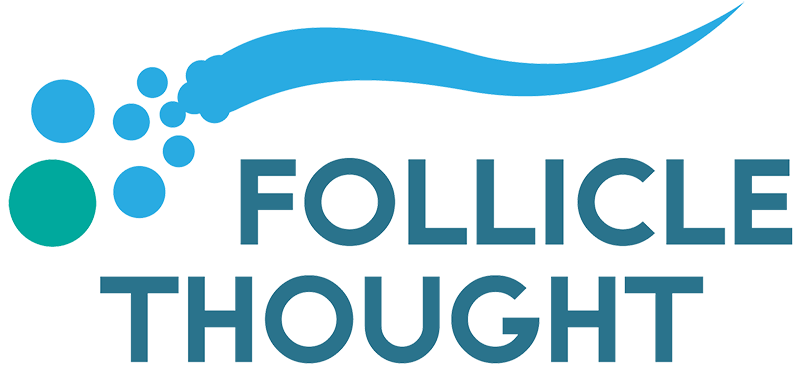Oral Minoxidil For Hair: Should You Use It?
Oral minoxidil is becoming an increasingly popular treatment option for hair loss patients. This article will discuss a few background points regarding this phenomenon.
Low-Dose Oral Minoxidil For Hair Growth
Over the past 3-4 years, the prescription and use of oral minoxidil for hair loss has increased. This trend was likely driven by several peer-reviewed studies published around 2019/2020, including astudydone at the Ramon y Cajal University Hospital in Spain, and a paperpublished in 2020by Antonella Tosti and Michael Randolph, both appeared in theJournal of American Academy of Dermatology.这两项研究提供了一个总体有利的当今ion of the use of oral minoxidil for androgenic alopecia, and the latter concluded that it “was found to be an effective and well-tolerated treatment alternative for healthy patients having difficulty with topical formulations.”
Dating back to over 50 years ago, oral minoxidilfirst showed signsof hypertrichosis in patients who were using the drug as a hypertensive agent, or a treatment to lower blood pressure. Several years later, a topical formulation of minoxidil was developed, and in 1988 the first version of 2% Regaine was launched in the UK as a treatment for pattern hair loss. Presumably, regulatory agencies and the pharmaceutical company who was developing minoxidil for hypertension had concerns about using it as a systemic treatment for hair loss. For over the past 30 years, topical minoxidil has been a staple hair loss treatment and a household name, as one of the only 2 FDA approved treatments for hair loss.
Topical use of the product has come with mixed results among patients, mostly due to the varying amounts person-to-person of sulfotransferase, or SULT1A1, enzymes which are found in one’s hair follicles. The SULT1A1 enzyme is needed to convert minoxidil to its active formminoxidil sulfatewithin the hair follicle in order for the drug to promote a significant hair growth effect. It is a common theory that oral minoxidil outperforms topical minoxidil in hair growth efficacy due to facts that 1) the liver converts minoxidil into its sulfated form via phenol sulfotransferase and negates the need for hair follicle SULT1A1 levels and 2) the treatment naturally goes systemic and is more present in the bloodstream. Low-dose oral minoxidil is established to be at a dose of 5mg or lower.
Discussion
这个网站的多个读者的兴趣提示ed me to write about the use of low-dose oral minoxidil (OM) for hair growth, otherwise, I figured that most people were already aware of the possibility of getting this drug prescribed to them. Throughout various messaging channels on the internet, it is possible to find a multitude of testimonials from users of oral minoxidil, many positive, and some of them show very impressive results. Alternatively, you can also find remarks from users who experienced adverse effects from the drug and subsequently discontinued its use. A topic for which I have yet to find literature for, and one which I think deserves attention, is suggesting the lowest efficacious dose of OM for AGA, or “microdosing” OM. For a dermatologist’s perspective on the use of low-dose OM for AGA, see a reviewwritten for the JAADwhich includes clinical trial data and mentions the warnings associated with the drug. Several years from now, it may be possible to evaluate longer term use of low-dose OM for AGA and compare its safety to the relatively short-term studies linked above, which were found to be generally favorable. Low-dose oral minoxidil should always be used under doctor’s supervision.




I’ve been on low dose oral minoxidil for about a year now. 6 months 2.5 mg, then raised the dose to 5 mg.
The difference has been gradual. I’ve definitely noticed more body hair, and the body hair that I had before does look and feel a bit thicker. I don’t feel like I’ve had new growth with my head hair, but at the very least it seems like my hair loss has stabilized.
Any oral medicine will have negative side effects. Damaging your health in the name of growing hair is the stupidest way to go about.
I would rather be bald than suffer the side effects.
Not true. I’ve been on 2.5mg for two years and had ecg’s and physicals both years and all is good.
There are always exceptions but drugs have side effects for majority of people. That includes Tylenol. Just be sure to read the fingerprint.
Not all drugs. Not all people. Want to take this opportunity to backtrack further?
No, believe what you want and keep supporting big pharma. I am staying with my opinion. Good luck.
Stupid autocorrect. Fine print. No ot fingerprint.
My Dr. prescribed it for me 10 or more years ago. He said it works and is safe-been used as a BP med forever with no side effects. I tried it for maybe 2 years and not much of anything on my head but I turned into a woolly mammoth-body hair everywhere except my head. So back to topical mixed with 6-5mg finasteride tabs-1x daily and I use some concoction that Costco sold at night and a Laser cap. Hair loss stopped-lotsa small hairs-but no major regrowth. It probably works orally for some but be prepared to body shave often!